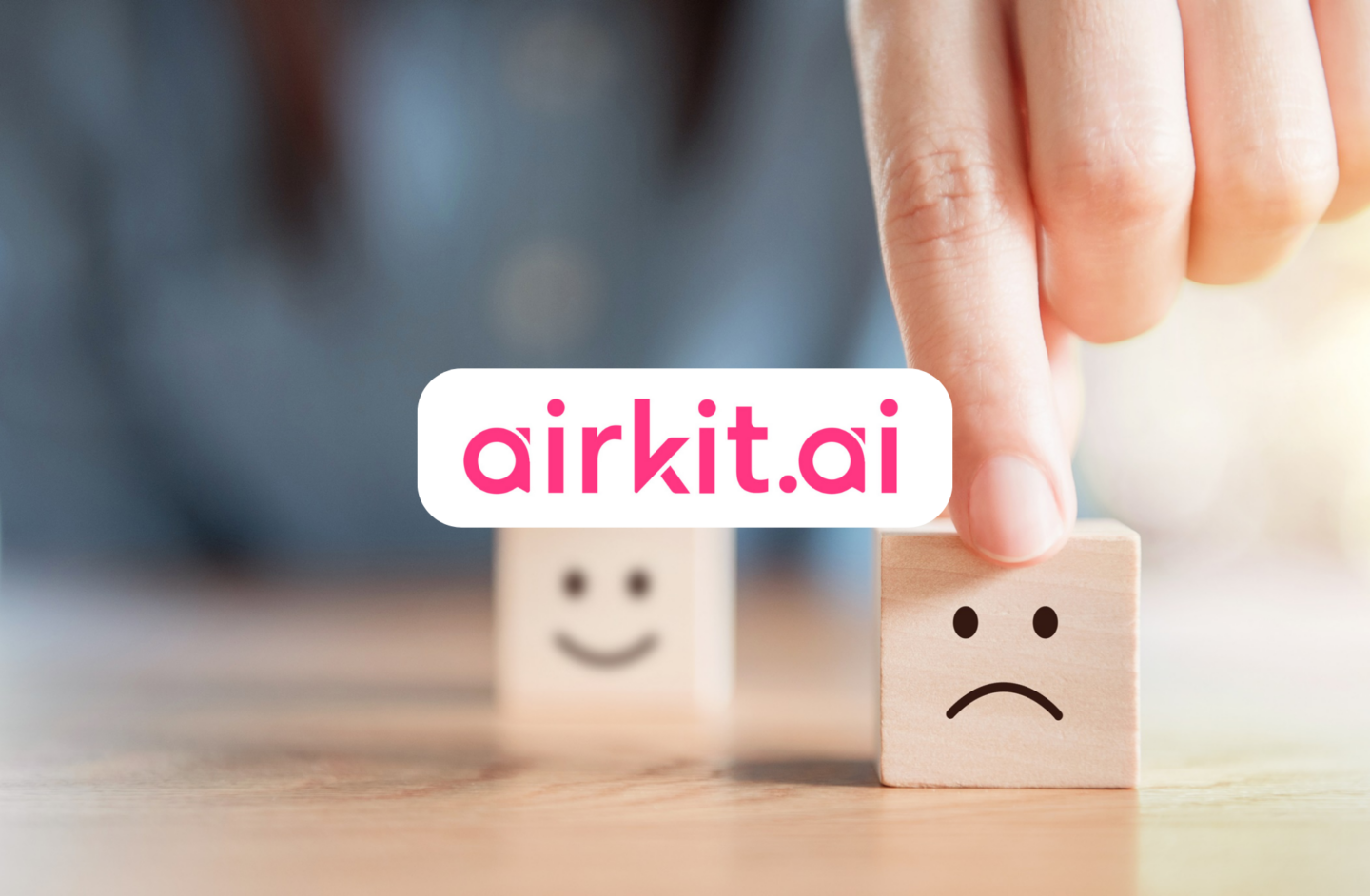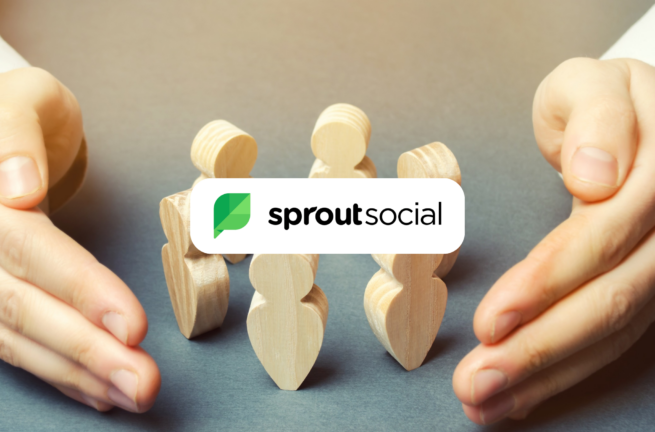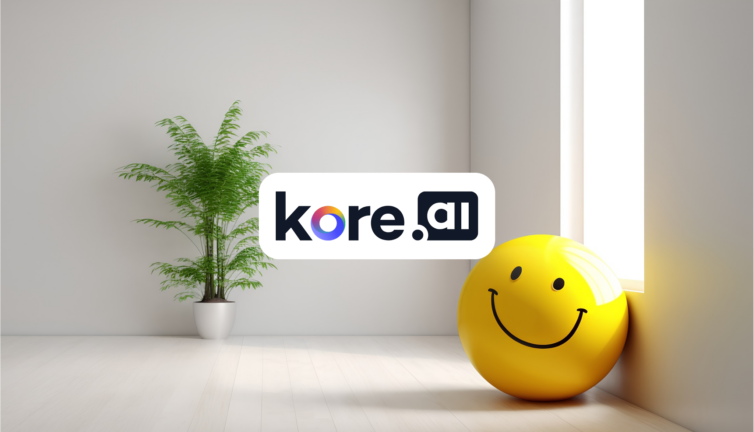The findings of a recent consumer survey emphasize the increasing demands of customers and the importance for brands to provide effective and compassionate customer support. This survey, sponsored by Airkit.ai, a generative AI customer service platform, highlights the key factors contributing to the current 17-year low in customer satisfaction.
"Brands are at a critical turning point. After massive growth throughout the pandemic, we are seeing a significant shift as consumer spending is tested by inflation and a looming recession. Brand loyalty and customer retention are vital for retail brands, and the recent research suggests that brands must listen - and act - to compete this holiday season,” commented Stephen Ehikian, Co-Founder and CEO, Airkit.ia.

The impact of a bad customer experience
The cost of a negative customer service experience is significant, with 64% of individuals indicating that they won't engage with a company again after such an encounter. This starkly contrasts the 2% who don't find this issue important.
Personalized customer service holds substantial influence, as 92% of respondents are likelier to buy from brands offering real-time, customized support. This often takes the form of personalized offers such as custom coupon codes (40%), email promotions (49%), and product recommendations through word of mouth (40%).
Regarding how often people interact with customer service, 76% reported reaching out 1-3 times in the past year, while 24% needed assistance four times or more.
A good customer service experience is defined by 69% as a representative's quick and easy availability, while 76% strongly emphasize swift issue resolution.
Preferred type of agents and channels
Customer service chatbots have gained popularity, with 64% of respondents using them in the past year. They appreciate chatbots for their instant responses, assistance with simple queries, and ease of communication.
Common sources of frustration in customer service include long wait times (61%), the need to repeatedly provide the same information (60%), and the lack of issue resolution (60%).
Regarding preferred communication channels, 71% of users prefer the phone, followed by email and text at 36% each, while mobile apps and chatbots are favored by 24% of respondents.
The recent discoveries emphasize a valuable chance for brands to reconsider their customer service approaches, with a strong emphasis on utilizing platforms like Airkit.ai. Serving as the exclusive CX solution powered by GPT-4, Airkit.ai eCommerce offers retail brands quicker service, increased customer contentment, and decreased support expenses. The increasing use of chatbots and the acknowledgment of their advantages, including rapid responses (44%), underscore the significant role of AI in transforming the landscape of customer service.









